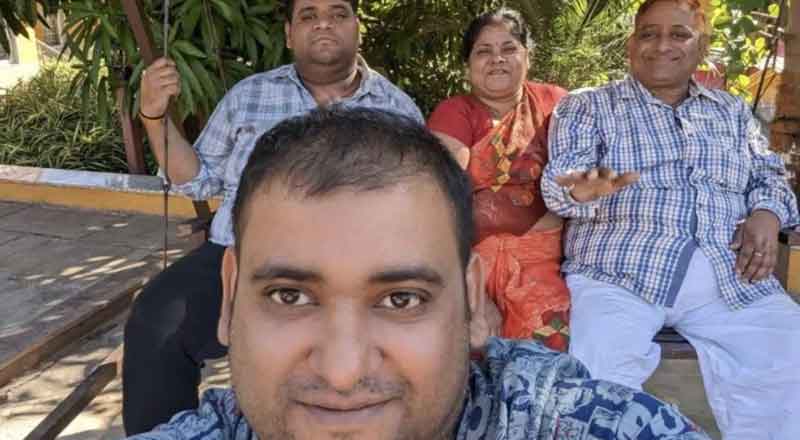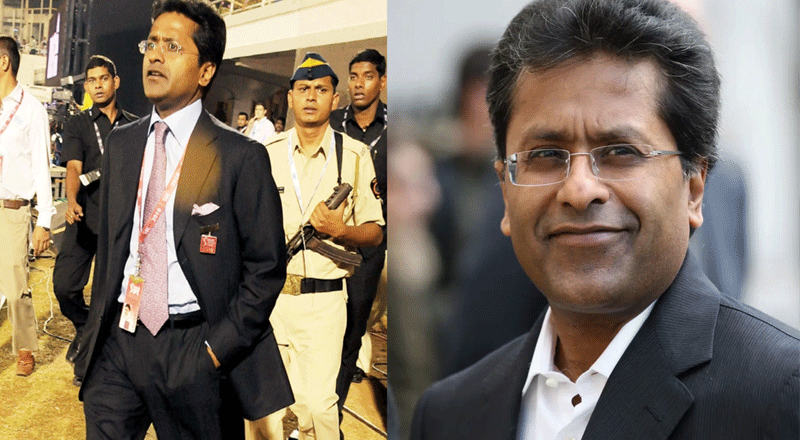A Cry for Justice Silenced
The tragic death of 34-year-old Atul Subhash has spotlighted systemic failures in India’s judicial and legal frameworks. A young man with his entire life ahead, Atul succumbed to the weight of relentless court battles, accusations, and an allegedly biased judiciary. His 24-page suicide note and an 81-minute video have sparked a nationwide debate about judicial impartiality, extortion through false cases, and the lack of support for men navigating legal disputes.
The Harrowing Journey of a Man Seeking Relief
Atul’s ordeal began in 2019 when he married Nikita Singhania. Initially, their life seemed promising, but the relationship deteriorated amidst demands for money, which escalated to harassment and legal battles. Nikita left their Bengaluru home in 2021 with their son and filed multiple cases against Atul, including allegations of dowry harassment, unnatural sex, and even murder.
Atul’s parents reveal that he had to travel between Bengaluru and Uttar Pradesh’s Jaunpur at least 40 times to attend court hearings. Despite his efforts, he found himself caught in a web of accusations, extortion, and systemic apathy. His allegations against a family court judge, who he claimed ignored due process and demanded a bribe, underline deeper concerns about judicial misconduct.
Systemic Bias: An Unequal Playing Field
India’s legal framework has long been criticized for its gendered approach to domestic disputes. Laws such as Section 498A of the IPC and the Dowry Prohibition Act are critical for protecting women from abuse but have often been misused. Atul’s suicide note details how these laws were weaponized against him, exacerbating his despair.
Atul’s poignant message—”Justice is Due” inscribed on every page of his note—reflects a profound disillusionment with the system. His brother and friends claim that his actions were not born of depression but as a desperate protest against harassment, extortion, and an unresponsive judiciary.
Judiciary’s Role in Ensuring Fairness
The allegations against a family court judge in Atul’s case are deeply troubling. If true, they suggest a failure to uphold judicial integrity and impartiality. Atul’s suicide note accuses the judge of laughing at his plight and ignoring his pleas. Such behaviour, if substantiated, betrays the trust citizens place in the judiciary as a pillar of democracy.
Moreover, Atul’s case underscores the excessive delays and logistical burdens of the legal system. His repeated travel between cities highlights the inefficiency of judicial processes, which further drained his emotional and financial resources.
The Aftermath: A Call for Accountability
Atul’s family and friends are demanding accountability, not only from his estranged wife and her family but also from the judicial system. His brother has called for a thorough investigation into the allegations against the judge and systemic reforms to prevent such tragedies.
The Bengaluru police have registered a case of abetment to suicide against Atul’s wife and her family. Meanwhile, his detailed note and video continue to resonate as a grim reminder of the system’s failures.
Urgent Reforms Needed
Atul Subhash’s story is not an isolated incident but a symptom of deeper systemic issues in India’s legal and judicial landscape. The tragedy calls for immediate reforms:
Judicial Accountability: Mechanisms must be strengthened to address allegations of judicial misconduct. Judges must be held to the highest standards of integrity and impartiality.
Efficient Case Management: The judicial system must adopt technology to streamline cases, reduce delays, and minimize the physical and financial toll on litigants.
Balancing Gender-Specific Laws: While safeguarding women’s rights remains crucial, laws must also include safeguards against misuse. A balanced approach is needed to ensure justice for all parties.
Support for Mental Health: Litigants, especially those involved in prolonged legal battles, should have access to counselling and mental health support to navigate the stress and trauma of litigation.
Awareness Campaigns: Educating the public on the proper use of legal provisions can help reduce frivolous and false cases, easing the burden on the judiciary.
Atul’s tragic death is a clarion call for systemic change. His final words were not just a cry of despair but a plea for a fairer, more accountable system. The onus now lies on policymakers, the judiciary, and society to ensure that such tragedies are not repeated, and that justice is indeed delivered.
(With inputs from agencies)





